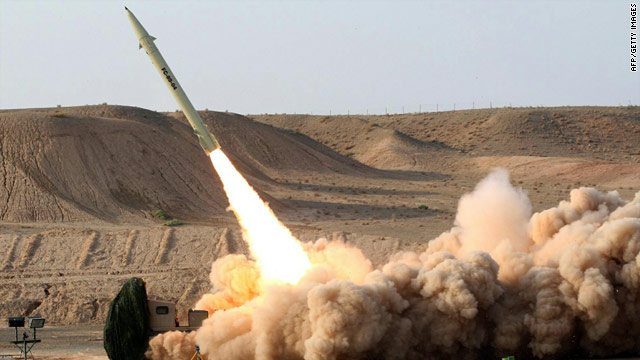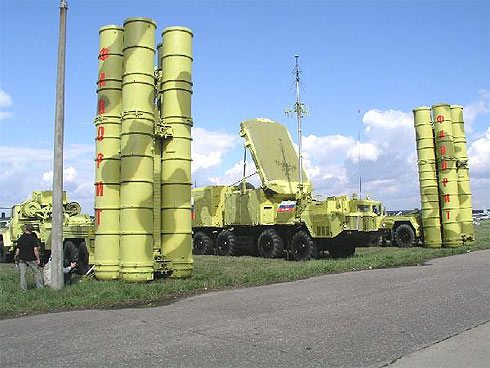The Iranian Army has successfully completed three-day air-defense exercises, downing several mock pilotless aircraft, Press TV reported on Wednesday.
Air defense units in northwestern Iran effectively engaged the mock enemy’s stealth, pilotless aircraft, “after detecting them electronically”, Brigadier General Shahrokh Shahram, deputy commander of the Iranian Army’s Khatam al-Anbiya Air Defense Base, said.
The exercise came in response to “the enemy’s psychological warfare and is meant to neutralize the regional media’s propaganda campaign against Iran,” the army said.
Last week, Iran’s Islamic Revolution Guards Corps (IRGC) conducted a three-day missile exercise codenamed Great Prophet 7, testing Iran’s newest surface-to-surface missile systems in the central Iranian province of Semnan.
An assortment of long, medium and short-range missiles targeted “aggressor airbases” in the Semnan desert, Brigadier General Amir-Ali Hajizadeh, commander of Iran’s IRGC Aerospace Division, said.
Iran’s Defense Minister Ahmad Vahidi has announced progress in the development and manufacture of an indigenous version of the advanced Russian S-300 air defense missile system.
Iranian military officials said the missile system, called Bavar (Belief) 373, is even more powerful and more advanced than the Russian S-300.
The $800-million contract to supply Iran with the missile system was signed in late 2007. Russia was to deliver five S-300PMU-1 battalions to Tehran. However, on September 22, 2010, Russian President Dmitry Medvedev signed a decree terminating the contract in line with UN Security Council Resolution 1929, which bans supply to Iran of conventional weapons including missiles and missile systems, tanks, attack helicopters, warplanes and ships.











